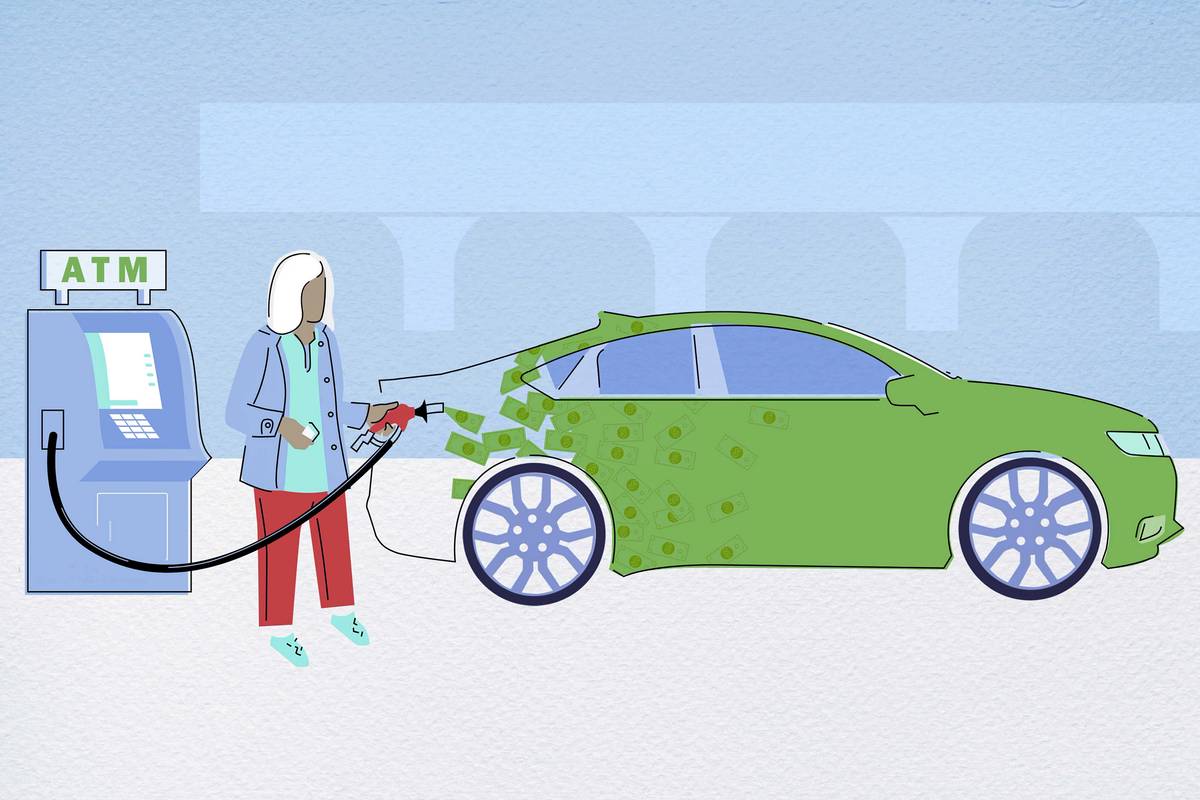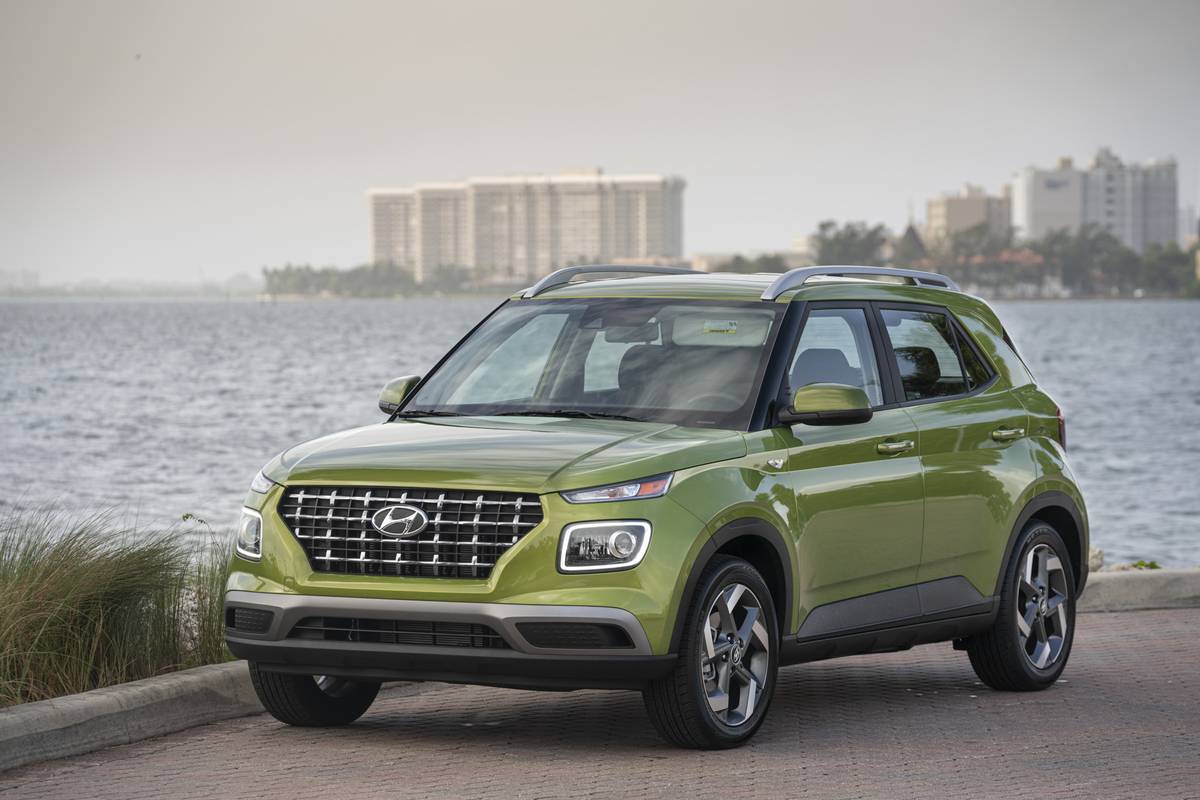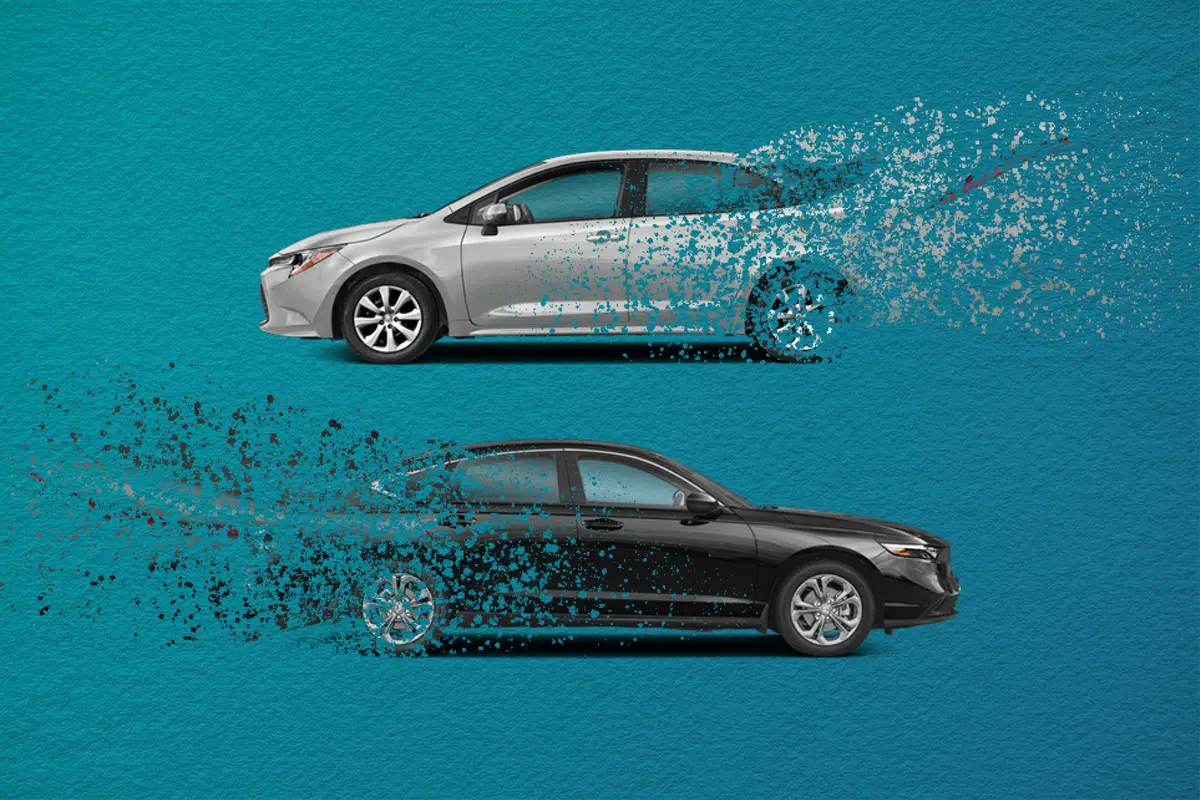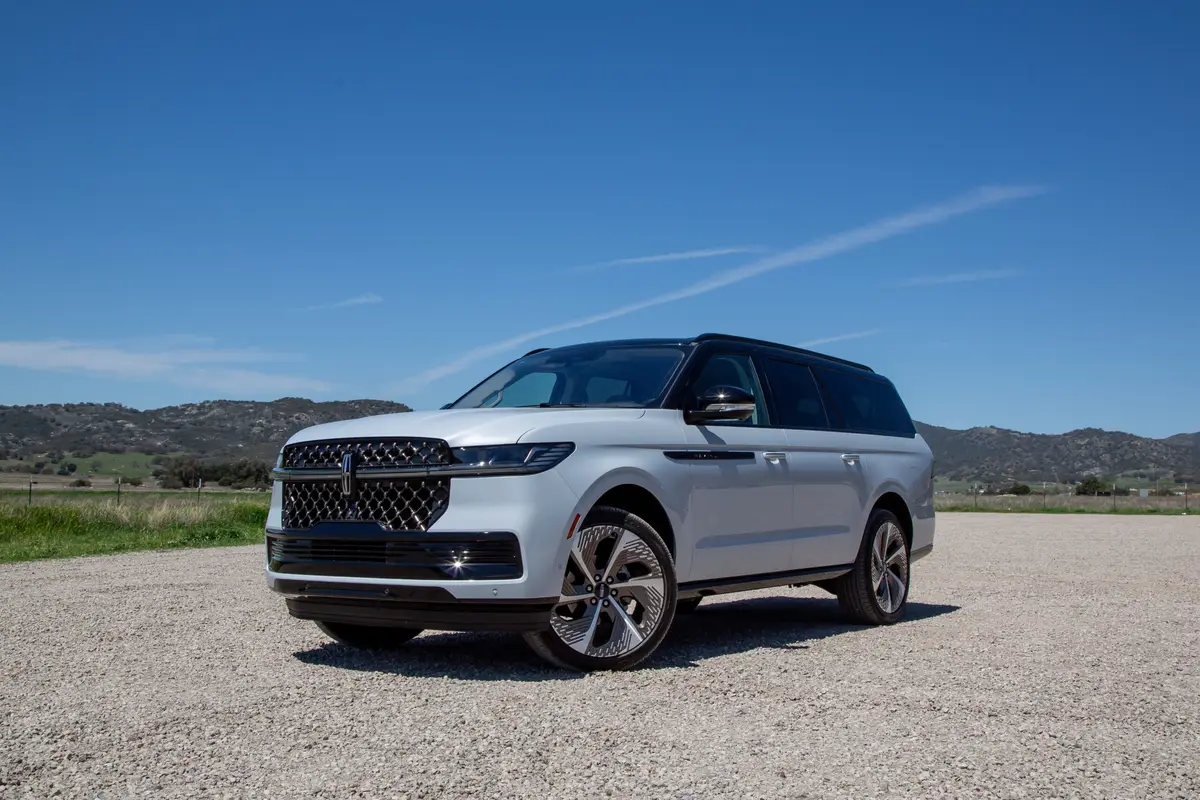Should I Pay Off My Car Loan Early?


Do you have some extra cash? Maybe you got your federal COVID-19 stimulus check (up to $1,400 per household member). Or you have a tax refund coming (the IRS average federal refund so far is $2,967). It might make sense for you to use that money to pay off your car loan early.
Related: Yes, You Can Refinance a Car Loan. Should You?
If you’re able to make that choice after a year of economic disruption, you’ll likely have company. A Bank of America survey at the end of February reportedly found only 36% of people said they would spend the bulk of their stimulus check, while 30% said they would pay off debts, 25% said they would save it and 9% would invest it.
Everyone’s situation is different, but there’s a good case for making your car loan the debt to pay down with that pandemic relief check or tax refund (or both). That’s because:
You Need the Car
You might also have credit cards, school loans or a mortgage (or all of those). But in a lot of the country, you need your car for personal mobility, not to mention getting to the job that lets you keep up with those other debts. That can be true if, or even because, you are struggling with those other debts.
“A car is little different because it’s such an essential part of people’s lives,” said Phil Reed, an automotive columnist at financial advice site NerdWallet. And, he adds, “If you’re on the bubble having difficulty paying for things, I recommend the car loan first because you need the car.”
You See Progress — and You Can’t Run It Up Again
Paying the extra money toward a larger mortgage or school loans will save on interest in the long run, but in most cases the payoff still will be many years away. The horizon on a car loan is closer, and it’s easier to see your progress, even if you can’t pay it all off now.
Credit cards are a different matter. Many financial advisers advocate paying your highest interest-rate debt first. That’s likely to be your credit cards, thanks to common double-digit rates. That could bump card debt ahead of your car loan as a priority, but your cards also have a downside: You can easily run the balances back up and end up back where you started. Not so with a fixed-installment loan, such as that on your car. If you have the discipline to pay off your card and not run it up again, that might be a wise financial choice. But many people do not, despite the best intentions. You have to know yourself.
You’ll Have Equity in Your Car
The money you put toward the car loan’s principal (the amount you borrowed) buys you equity in the car. More of the vehicle is yours now, even if you can’t fully pay off the loan.
“To some degree, it’s like a savings program,” Reed said, “because the money you end up paying is more equity in your car. It’s not like the money goes away. Equity is a real thing.”
Owning the vehicle also gives you more freedom. You can use it as a trade-in. You can more easily sell it to a private party. And you can more easily move to a different vehicle if your needs change.
“The concept of equity … doesn’t really resonate — but it becomes real quickly if you have to make a change,” Reed said. “You’re driving a Miata [for example] and you have a baby.”
You Might Not Have a Great Car Loan
When you bought your vehicle, you might not have shopped around for a loan, so you’re paying an above-market interest rate. Or you could be on the hook for a huge amount of total interest over a 72- or 84-month loan, if you made a low down payment. Even if you qualified for low interest on such a long loan, you’re at risk of being upside down (which is to say, owing more than the vehicle is currently worth) for a significant number of those months.
“So many people are focused on how little they can put down and the [monthly] payment,” Reed said. “They don’t focus on the length of the loan — they can be upside down, and you don’t want payments on a car 6 or 7 years old. You might have maintenance costs, too, and then you are paying for both.”
It’s easy for this to happen. You can talk yourself into it if you calculate how much car you can afford by the monthly payment alone. It’s even easier for that to happen in a dealer’s finance office, where loan details can change in many ways to arrive at a payment you’ll accept.
“This is sinister, but it’s been that way for a long time,” Reed said. “When you talk about money, they try to redirect your attention to the ‘excitement meter’ — they talk about the car.”
If the excitement is wearing off and you realize you signed up for a costly loan, that’s even more reason to use extra cash to speed your way out of it.
“You’ll be saving several hundred dollars’ worth of interest, and then you get the title to your car,” Reed said, adding that even a partial payment of the principal “puts you closer to that time when you do get [ownership of] it.”
You Free Up Cash Flow for Other Debts
Your car loan might not be your biggest debt balance, but it might be one of your bigger fixed monthly payments. If you’re in a mode to cut your overall debt — strengthening the family balance sheet — paying off the vehicle can free up a substantial amount of cash flow each month. In turn, you can use that to pay down another debt.
Beyond the dollars and cents, paying off your vehicle has intangible satisfaction, Reed said. “It’s just a wonderful thing not to have a car payment.”
More From Cars.com:
- What to Know Before Taking on a 72- or 84-Month Car Loan
- How to Calculate a Car Payment
- How to Win the Car Financing Game
- How to Get a Car Loan
- Inside the Finance and Insurance Room
- Car Loans: How to Get the Best Interest Rate
- More Car Financing Advice
Cars.com’s Editorial department is your source for automotive news and reviews. In line with Cars.com’s long-standing ethics policy, editors and reviewers don’t accept gifts or free trips from automakers. The Editorial department is independent of Cars.com’s advertising, sales and sponsored content departments.

Former D.C. Bureau Chief Fred Meier, who lives every day with Washington gridlock, has an un-American love of small wagons and hatchbacks.
Featured stories



2025 Lincoln Navigator Review: Elephantine Elegance

